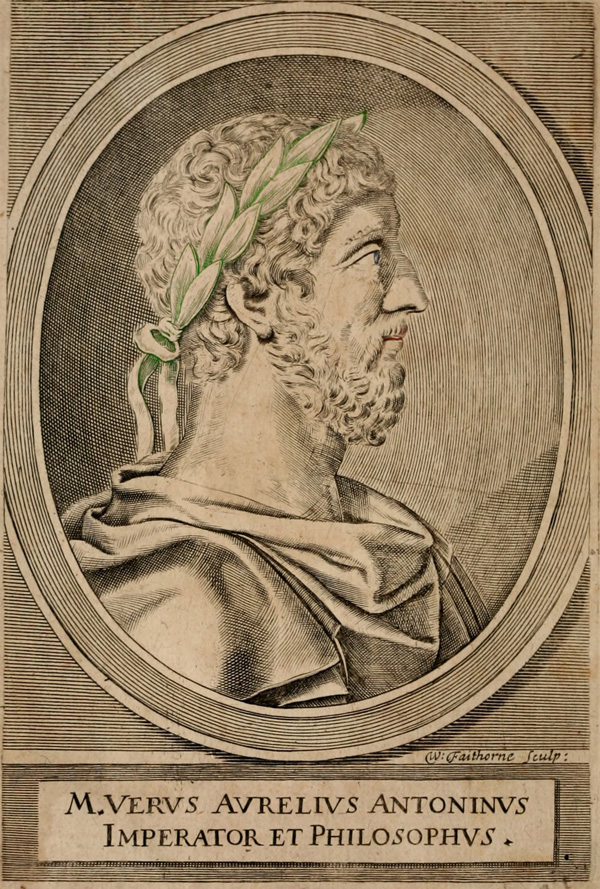.
... we die to each other daily.
What we know of other people is only our memoryof the moments during which we knew them.And they have changed since then.To pretend that they and we are the same is auseful and convenient social conventionwhich must sometimes be broken.We must also remember that at every meetingwe are meeting a stranger.
–T. S. Eliot
(The Cocktail Party, excerpt)
.















